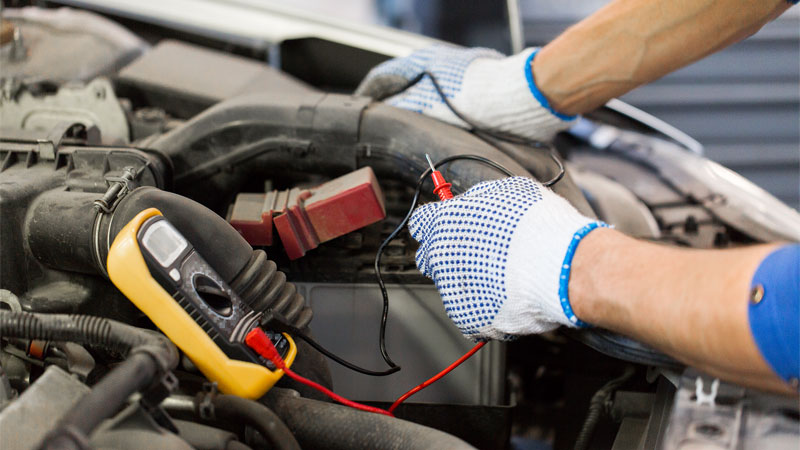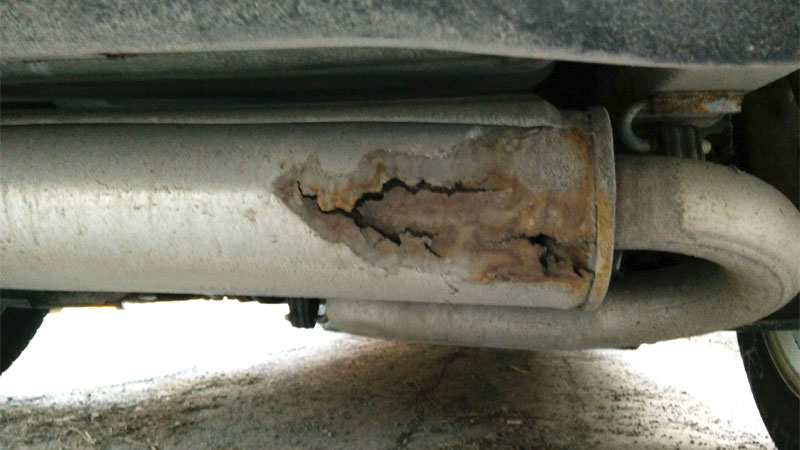It’s no fun coming back to a car with a soaked interior. If you left your car windows open in the rain and have a bunch of water on the floor, don’t panic; it happens to a lot of people.
There are a few steps you can take that will minimize the chance of any damage to the car or foul smells.
Water inside your car can cause a number of issues, including mold, mildew, electrical problems, and even rust. The faster you’re able to address the moisture, the less chance there is of permanent damage.
Related: 9 Causes of Water Leaking Inside Your Car
How to Dry Out a Car

Here are some things you will want to do as soon as you discover the moisture.
1) Grab Some Towels
Grab some towels to soak up any water that has pooled on the floor. Use as many as you need until the floor is merely damp to the touch. There should be no more standing water after this step.
For delicate surfaces like piano black plastic and the clear plastic on the instrument cluster, it’s important to use microfiber towels to avoid scratches. Regular bath towels are fine for the floor and most seats.
2) Run the Air Conditioner on Full Blast

The next few times you drive the car, run the air conditioner on full blast. Even if you have the heat on, pushing the A/C button will dry out the air inside the cabin. This will help evaporate the extra moisture in the car more quickly, and will help dehumidify the cabin.
As long as the condensation from the A/C is draining properly, there’s no harm in running the A/C nonstop. The A/C compressor uses a small amount of additional fuel since it is powered from the car’s crankshaft.
See Also: How to Fix Headlight Condensation
3) Buy Some Silica Gel
Silica gel is a desiccant, which means it absorbs moisture. In fact, silica gel has the ability to absorb up to 40% of its weight in moisture. Purchase some silica gel and leave it in your car with the windows up.
The silica gel will absorb any moisture you were unable to reach with the towels. This is especially helpful for the moisture that soaks into the carpets and padding on the floor. Make sure to keep silica away from pets and animals.
4) Park the Car Indoors With the Windows Down

If you’re able to park the car in an enclosed garage, leave the windows down to allow any residual moisture to evaporate. If you’re unable to park the car indoors, the best you can do is hope for a warm, sunny day.
Don’t leave the windows open overnight if the car is parked outside. Dew often forms overnight which reintroduces the moisture you’re trying to remove.
5) Watch for Mold and Mildew
Mold and mildew are harmful for your health and produce a foul smell. If you got water inside the car and start to notice a different smell, it could be mold or mildew.
When mold starts to form, you will need to attack it aggressively before it spreads. White vinegar and hot water is a common home remedy for combating mold.
If you’re unsure of your ability to remove mold on your own, it’s worth bringing the car to a professional detailer to have the interior cleaned.
6) Watch for Electrical Issues

Sometimes water in the interior makes its way into electrical connectors or modules in the floor board. It is fairly common for body control modules to be placed throughout the interior under the seats or the floor.
Introducing water can cause the contacts on wires or modules to corrode or short. If you start to notice new electrical problems with your car, it might be time to clean or replace the connectors on these electrical components.
Factory service manuals contain wiring diagrams that are very helpful for this type of diagnostic. The wiring diagrams will help lead you from the malfunctioning component(s) to the module or section of wiring harness that has a bad connection.
7) Watch for Rust

Rust is not a problem you’ll notice immediately, but it gets progressively worse over time. If you’ve had significant water in the cabin, it may be worth pulling the carpets back to take a look at the floor. If nothing else, this step will help you dry out the floor more thoroughly.
Most cars paint applied to the floor like they do the rest of the body, so you usually don’t have to worry about rust if you dry out the car right away. Older cars may have more issues with rust, especially if any of the underlying paint on the floor is compromised.
Conclusion
Getting water inside the car isn’t the end of the world. In many cases, no harm will come if the issue is addressed quickly. If you do notice any residual problems after getting water in the car, these can usually be corrected with a bit of cleaning.
- Cars with an LS3 Engine (And Why They’re So Popular) - March 26, 2024
- 5 Ways to Tell Your Catalytic Converter Has Been Stolen - March 4, 2024
- How to Break In a New Engine (7 Tips to Prolong Your Vehicle) - February 27, 2024


I found your article very informative. Do keep posting such articles! Thank You.
Thanks for sharing. I absolutely loved your ideas